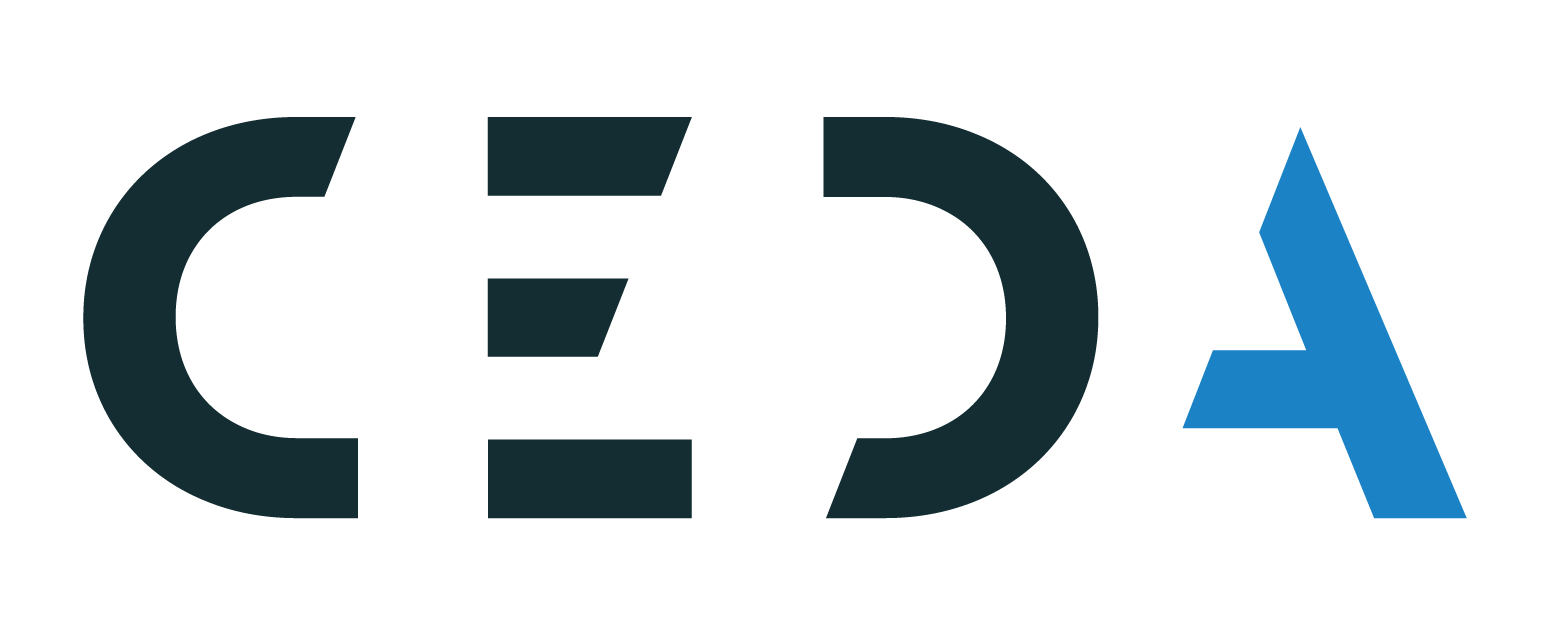General Information
Project Name: Fostering the next generation of farmers in the Republic of Moldova through work-based learning and integrating sustainability in agricultural VET (FARMKEEN)
Project Period: December 1, 2023 – November 30, 2026 (36 months)
Project Total Budget: €314,632.00
Budget Allocated for CEDA: €34,903.00
General Overview
The FARMKEEN project aims to enhance the capacity of VET institutions in the Republic of Moldova by incorporating innovative work-based learning (WBL) approaches and promoting sustainable agricultural education. It addresses challenges faced by agri VET schools, such as limited practical experience for students and insufficient engagement with agribusiness sectors. Through piloting models like blended learning in floriculture and education for sustainable development, FARMKEEN fosters collaboration between VET schools and agribusiness to create high-quality WBL experiences and prepare students for technological advancements in agriculture.
Project Partners
|
Short Name |
Full Name |
Role |
Country |
|---|---|---|---|
| CRPE |
ASOCIATIA CENTRUL ROMAN DE POLITICI EUROPENE |
Coordinator |
Romania |
|
SP BUBUIECI |
INSTITUTIA PUBLICA SCOALA PROFESIONALA, COM. BUBUIECI |
Beneficiary |
Moldova |
| CEDA |
ASOCIATIA OBSTEASCA CENTRUL PENTRU EDUCATIE ANTREPRENORIALA SI ASISTENTA IN AFACERI |
Beneficiary |
Moldova |
|
AERES |
STICHTING AERES GROEP |
Beneficiary |
Netherlands |
| CEHTA TAUL |
INSTITUTIA PUBLICA CENTRUL DE EXCELENTA IN HORTICULTURA SI TEHNOLOGII AGRICOLE DIN TAUL |
Beneficiary |
Moldova |
|
WSRO |
FUNDATIA WORLDSKILLS ROMANIA |
Beneficiary |
Romania |
Work Packages and Deliverables
| WP Name |
Description |
Deliverables |
|---|---|---|
| WP1. Project Management and Coordination | Focuses on project coordination, monitoring, evaluation, and risk management. Ensures the project delivers high-quality outputs on time. |
✓ Kick-off meeting ✓ FARMKEEN implementation plan ✓ Consortium meetings |
| WP2. Assessing the State of Play of WBL and Education for Sustainable Agriculture | Conducts primary research to analyze the state of Work-Based Learning (WBL) and sustainable agriculture education in agri-VET schools in Moldova. |
✓ Questionnaire on the experience of agri-VET schools ✓ Research report on agri-VET schools' experiences ✓ List of practicum agribusiness partners ✓ Questionnaire addressed to final-year students ✓ Research report on final-year students' experiences |
| WP3. Piloting a Blended Learning Model | Implements a blended learning model focusing on floriculture in SP Bubuieci and CEHTA Taul agrischools. |
✓ AERES digital platform component (English) ✓ AERES digital platform component (Romanian) ✓ Workshop on the floriculture module in AERES Academy ✓ Digital platform for training teachers as blended learning facilitators |
| WP4. Piloting Education for Sustainable Development in Agriculture | Develops and tests the Education for Sustainable Development in Agriculture (ESDA) approach as a WBL model. |
✓ ESDA methodology adapted for Moldova ✓ Training for teachers on ESDA ✓ Testing of ESDA WBL workshops ✓ Best practice report of ESDA in Moldova |
| WP5. Bridging the Gap Between Agri-VET Schools and Agribusiness | Focuses on dissemination and creating an interactive platform linking agri-VET schools with agribusinesses. |
✓ Event gathering agri-VET schools and agribusiness stakeholders ✓ Dedicated section on the CEDA website with an interactive map ✓ Report summarizing outcomes and policy recommendations |
| WP6. Training Agri-VET Teachers in Best Practices | Provides training for teachers in Moldova on best WBL practices in Romania and Europe. |
✓ Ro-Md agri-VET schools convention in Romania (I) ✓ Ro-Md agri-VET schools convention in Romania (II) |
| WP7. Sustainability, Impact Evaluation, and Quality Assurance | Develops strategies for sustainability, impact evaluation, and quality assurance, ensuring the project's long-term viability. |
✓ Quality assurance strategy ✓ Report on quality assurance strategy ✓ Impact evaluation strategy ✓ Report on impact evaluation strategy ✓ Sustainability strategy |

The project is implemented by CEDA through the FARMKEEN Project, co-financed by the European Union. The opinions and views expressed are solely those of CEDA and do not necessarily reflect those of the European Union or the Education and Culture Executive Agency (EACEA).
